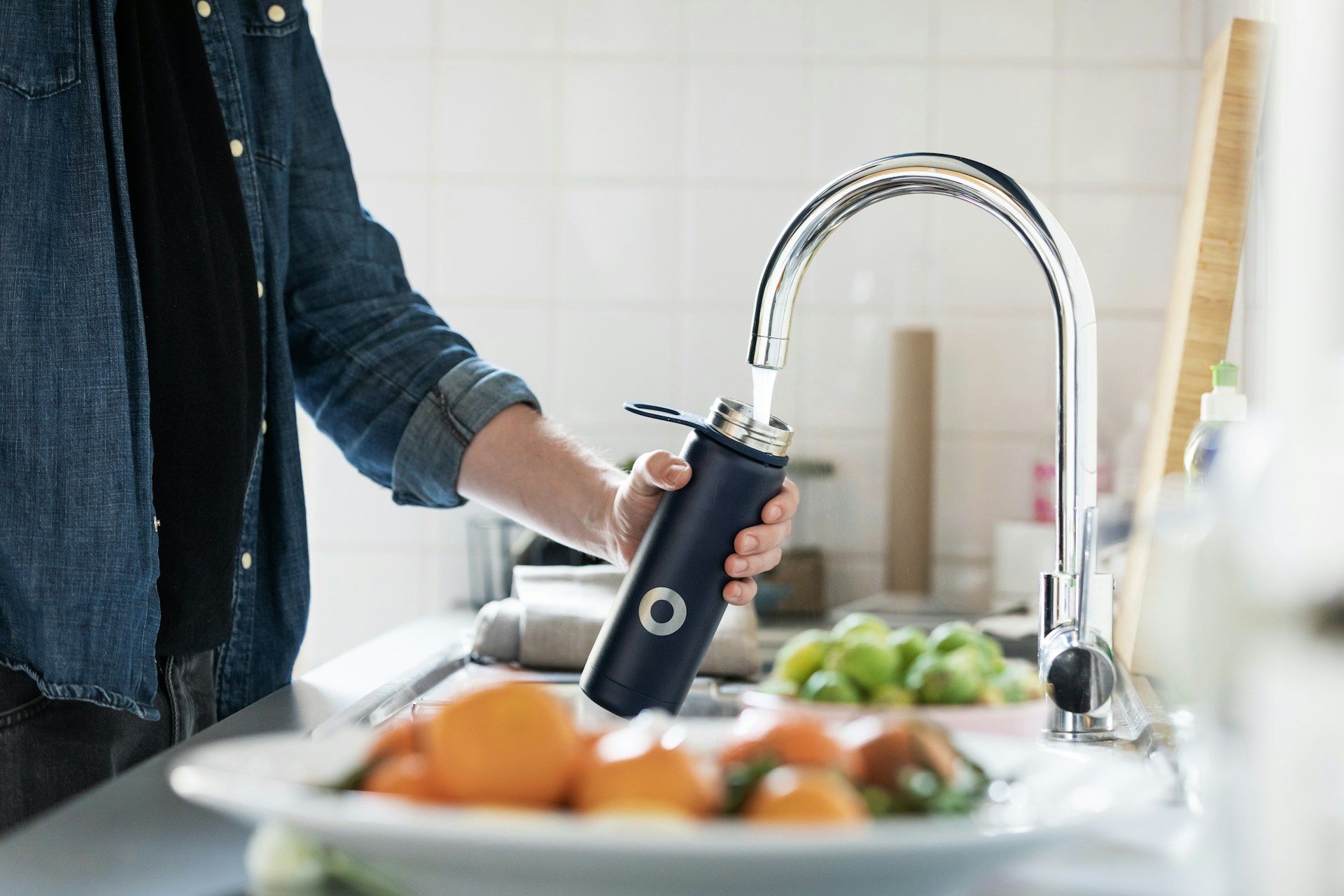Nutrition
Why Experts Say Tap Water Might Be Safer Than Bottled: Unveiling Hidden Health Risks

In a world where staying hydrated is essential, the choice between bottled and tap water is more than just a matter of convenience or taste. A recent study published in BMJ Global Health has shed light on some concerning “potential risks” associated with bottled water, prompting a closer look at why tap water might be the healthier choice. While bottled water is a popular option for many, it’s crucial to understand the nuances and potential hazards that come with it.
Misunderstandings About Safety
A significant misconception is that bottled water is regulated as stringently as tap water. While the Environmental Protection Agency (EPA) oversees tap water, bottled water falls under the jurisdiction of the Food & Drug Administration (FDA).
The study notes that bottled water manufacturers “face no obligation to disclose the presence of microbial or chemical contaminants.”
The Microplastic Problem
Microplastics have become a hot topic in discussions about bottled water. The study highlights the pervasive presence of plastic contamination, noting that “plastic contamination is ubiquitous in BW, with reports suggesting a wide-ranging presence spanning from 10% to 78% of BW samples.”
This issue is compounded by findings from a 2024 study published in the journal Proceedings of the National Academy of Sciences (PNAS), which revealed that plastic water bottles can contain significantly more nanoplastics than previously thought.
Health Risks of Microplastics
The ingestion of microplastics is linked to several health concerns. According to the study, “studies indicate that microplastic contamination is associated with oxidative stress, immune dysregulation and potential obesogenic effects through alteration of lipid metabolism.”
These particles can act as endocrine disruptors, affecting reproductive and thyroid hormones, and glucocorticoid receptors.
Other Chemical Contaminants
Beyond microplastics, bottled water may contain other harmful chemicals. BPA, a common plastic additive, has been associated with “hypertension, cardiovascular disease, diabetes and obesity.”
Additionally, phthalates, which are used to make plastics more durable, are also present and have been linked to a range of health issues including impaired cardiovascular health and increased ADHD-related behavior problems in adolescents.
Repackaged Tap Water
Another surprising revelation is that up to two-thirds of bottled water in the U.S. might just be repackaged tap water. This means consumers could be paying for the same water they could get from their own taps, but with the added risk of plastic contamination.
The Reality of Tap Water
While tap water is generally safe, it’s not without its own risks. The Centers for Disease Control and Prevention (CDC) warns that public tap water can sometimes be “contaminated with chemicals that can make you sick.”
To mitigate these risks, the CDC suggests reviewing local water quality reports and considering home filtration systems.
In the debate between bottled and tap water, understanding the potential risks associated with each is key. While bottled water offers convenience, it may also come with hidden dangers that tap water does not. As the study suggests, being informed about what’s in your water, whether bottled or tap, is essential for making the healthiest choice for you and your family.
Let us know what you think, please share your thoughts in the comments below.
